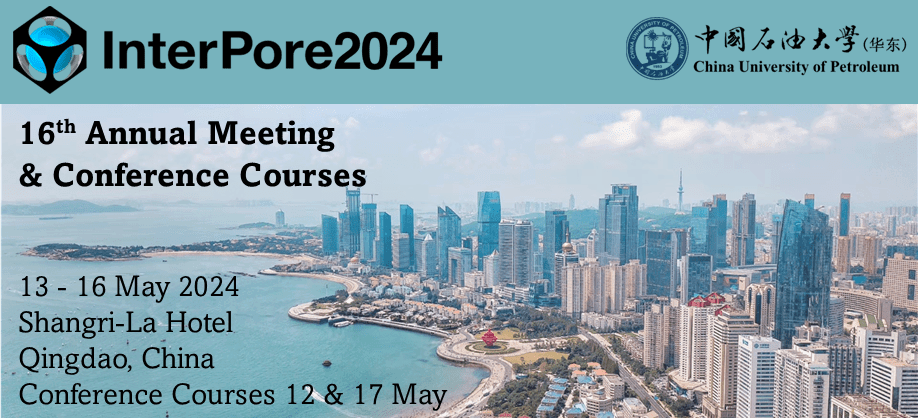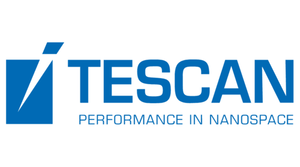Speaker
Description
Carbon capture and storage (CCS) holds immense promise for mitigating climate change, but its full potential remains largely untapped due to challenges in sourcing CO2 and constructing an extensive infrastructure across Europe. To address these limitations, we present a workflow and an open-source Python package that assesses the material, energy, environmental, financial, and operational aspects of pan-European CCS networks. Our tool leverages a spatial map of European emitters based on the E-PRTR database, incorporating flue gas composition information to tailor capture techniques to each emitter's industrial sector and proximity to existing or potential pipelines and storage sites.
Our computational model employs a Graph data structure to construct a network that connects emitters along existing European gas pipelines and power cables, simulating potential future pipeline routes. Multiple transportation routes, represented as Directed Graphs, link emitters to subsurface storage sites in the North Sea. The tool performs detailed sizing calculations for pipelines, designs compressor and pumping stations and temporary storage tanks, and calculates compression energy and cost for subsurface storage. Energy consumption is determined based on process models, and correlations are applied for capital cost estimation. Operating costs are projected using the spatial cost of fuel and electricity across Europe. A multistep approach to database analysis and design and energy analysis steps ensures the computational efficiency of the package for sensitivity analyses and case studies for minimizing cost and energy demand.
Preliminary results from our model indicate that a German-Danish CCS network, with storage in depleted Danish North Sea reservoirs, will demand electricity and heat equivalent to two- and one-fold Danish consumption, respectively. This network, connecting emitters with annual emissions exceeding 50,000 tons, is projected to store approximately 350 Mt of CO2 annually. However, due to the carbon intensity of the grid and heat, this network will also emit an equivalent of 30% of the stored CO2. A substantial capital investment exceeding EUR 90 billion, primarily allocated to pipeline construction, is anticipated. An annual operating cost ranging from EUR 6 to 18 billion, depending on electricity prices, is also projected.
Our software is distinguished by its utilization of updated emitter databases, fundamental process models, and state-of-the-art efficiency factors and costs provided as process equipment databases. These features minimize user input and ensure realistic network design and accurate estimations of environmental footprints, energy demand, capital, and operating costs, facilitating informed planning and decision-making by taxpayers, investors, operators, and policymakers.
| Country | Denmark |
|---|---|
| Conference Proceedings | I am not interested in having my paper published in the proceedings |
| Acceptance of the Terms & Conditions | Click here to agree |




.jpg)
